Washington State, US: In a groundbreaking move poised to reshape social welfare in the United States, Washington State is set to launch a Universal Basic Income (UBI) pilot program in 2026. This forward-thinking initiative, known as the Evergreen Basic Income Pilot Program, aims to provide monthly cash payments to thousands of eligible residents over a two-year period, marking a significant stride towards addressing economic inequality and financial insecurity.
The Evergreen Basic Income Pilot Program will provide up to 7,500 qualifying participants with 24 monthly payments beginning July 1, 2024, extending through mid-2026. Each monthly payment will amount to 100 percent of the fair market rent for a two-bedroom dwelling in the participant’s county of residence. This innovative design is intended to directly assist with housing affordability, a major financial burden for many households across the state.
Eligibility criteria focus on supporting lower-income residents, stipulating that participants must be at least 18 years old, residents of Washington, and have a gross income not exceeding 200 percent of the federal poverty level. The program also emphasizes inclusivity and equity; outreach and application assistance will be provided through tribal entities and community organizations, with self-attestation for income and eligibility to reduce barriers for participation. Importantly, the program will not require proof of citizenship or immigration status, allowing a wider demographic to benefit from the support.
Governance of the Evergreen Basic Income Pilot Program will be overseen by a board comprised of Department of Social and Health Services staff, tribal representatives, and community organizations. This board will set policies, coordinate operations, and ensure the program meets its objectives.
The pilot is more than just a cash assistance scheme; it represents an experiment in social policy, aiming to assess the impacts of guaranteed income on reducing poverty, improving housing stability, and enhancing participants’ quality of life. By providing unconditional financial support specifically tied to housing costs, Washington State seeks to offer participants a pathway to greater economic security, potentially reducing the stress and instability that comes from unaffordable rent and precarious living conditions.
As part of the comprehensive strategy, the Department of Social and Health Services will conduct data collection and evaluation throughout the program, with a final report due to the state legislature and governor by December 1, 2026. This report will evaluate the program’s success and provide recommendations on whether to continue or expand guaranteed income initiatives statewide.
Washington’s move comes amid growing national interest in UBI programs, with various cities and states piloting smaller-scale initiatives aimed at offering direct income support to vulnerable populations. By targeting housing affordability head-on with a sizable pilot program, Washington positions itself as a potential leader in the movement toward more comprehensive, unconditional support for residents facing economic hardship.
The Evergreen Basic Income Pilot Program reflects a broader shift in social policy thinking, recognizing that stable housing is foundational to individual and community well-being. If successful, this program could serve as a model for other states seeking scalable ways to address poverty and economic insecurity in an increasingly complex and costly housing market.
In summary, Washington State’s UBI pilot launching in 2026 is a historic step toward universal income support, specifically tailored to ease housing costs for thousands of residents. With carefully designed eligibility, robust community involvement, and a clear evaluation plan, this initiative could redefine poverty alleviation strategies in the United States and inspire wider adoption of universal basic income programs nationwide.

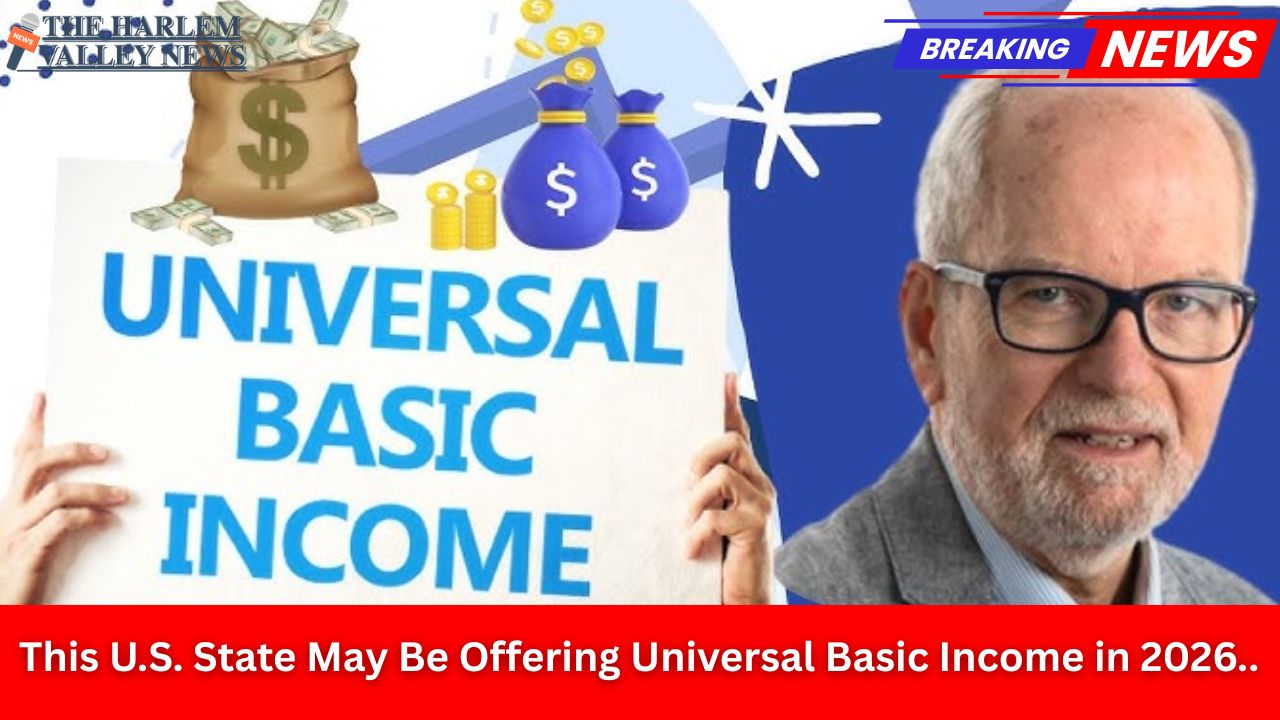
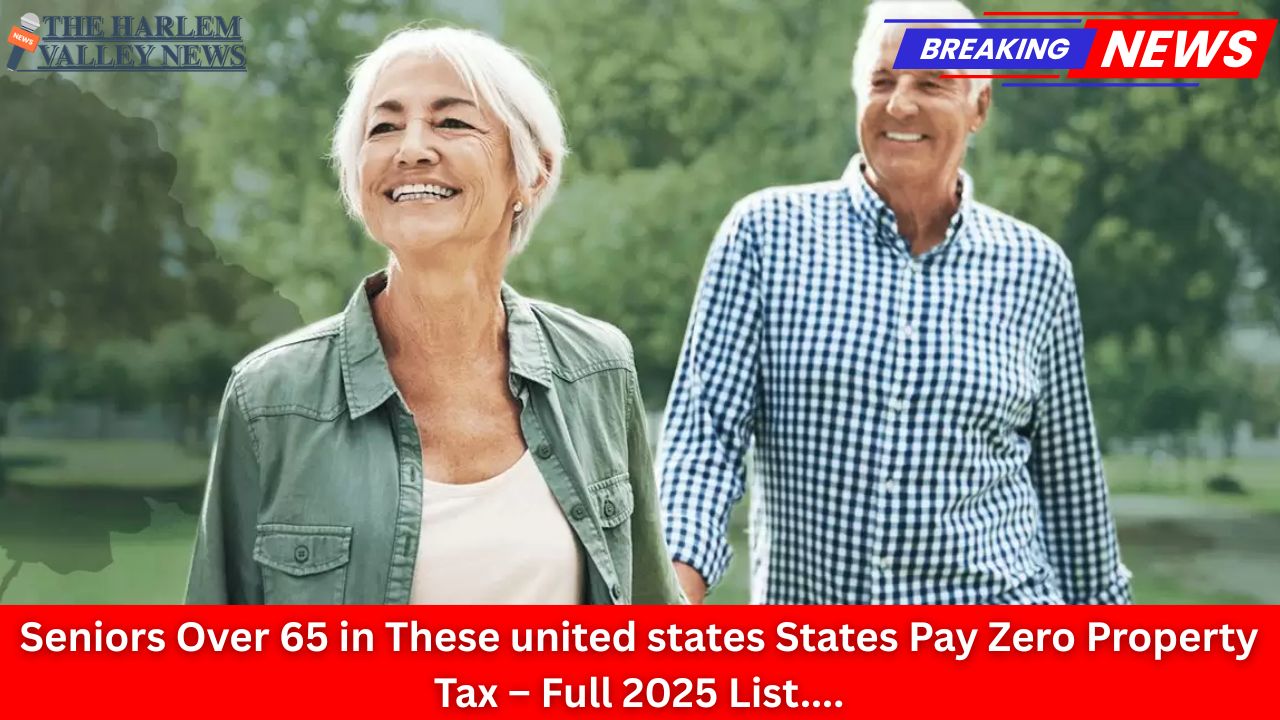

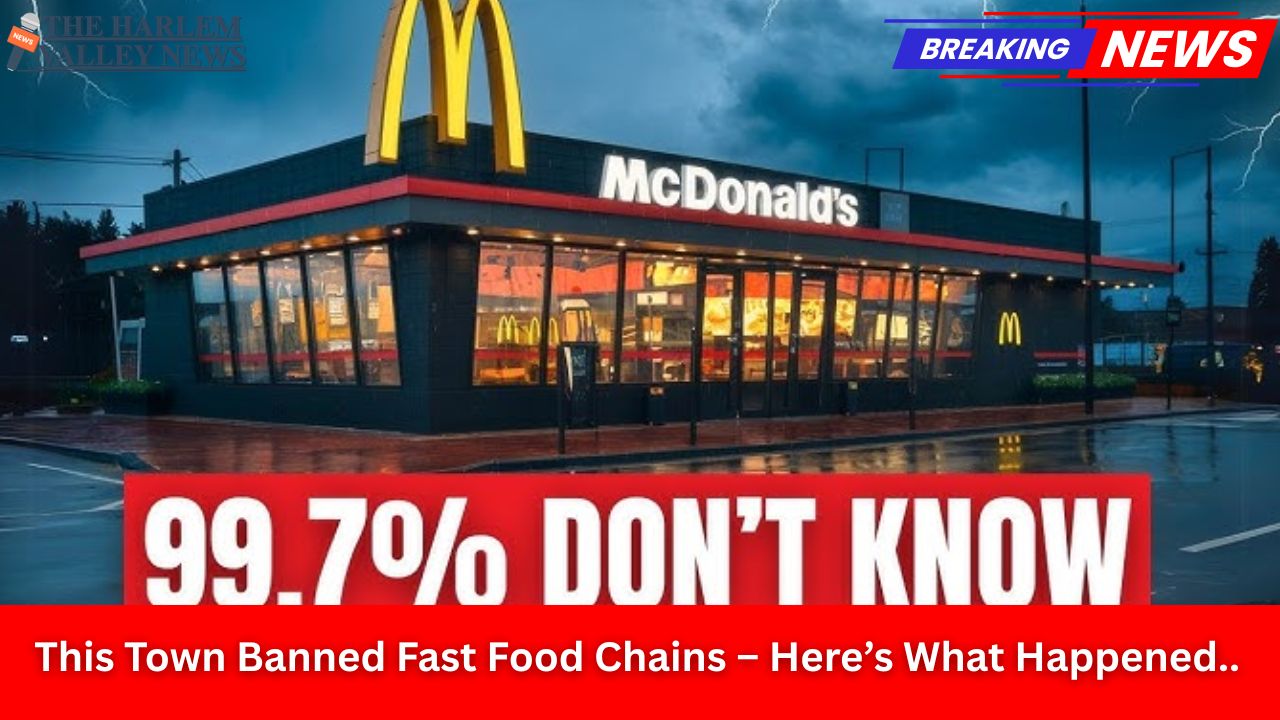



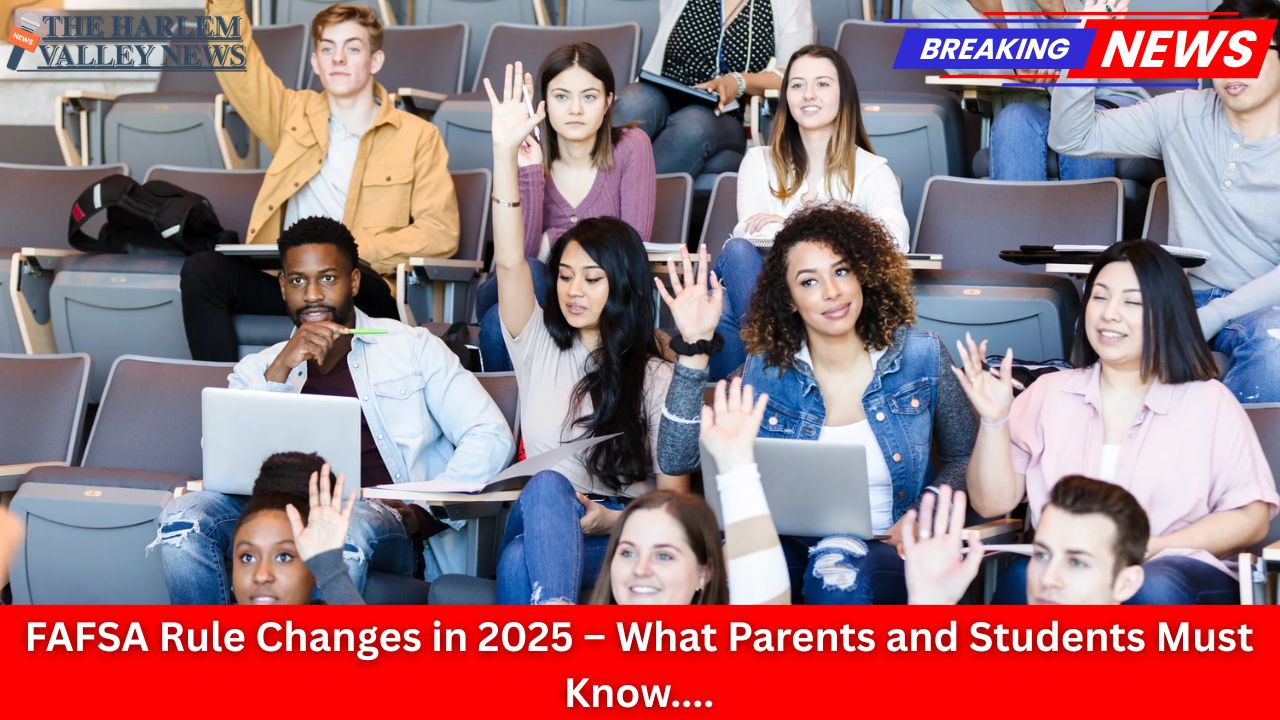
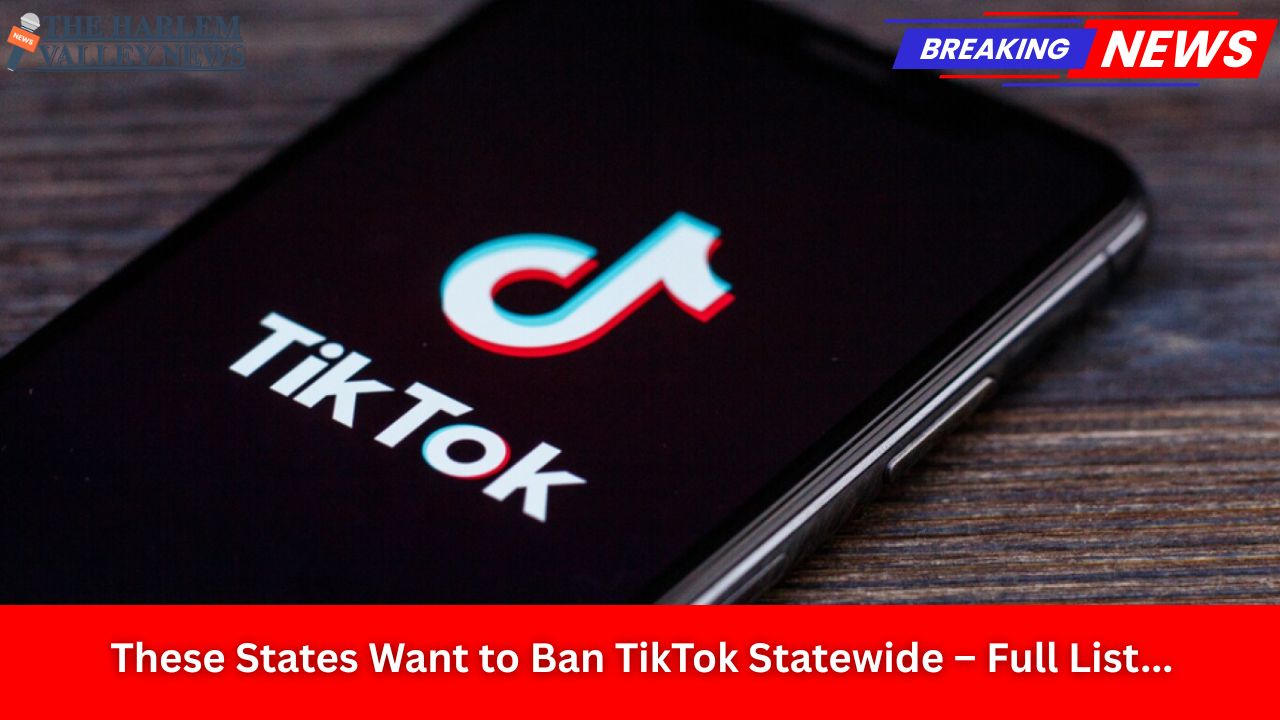
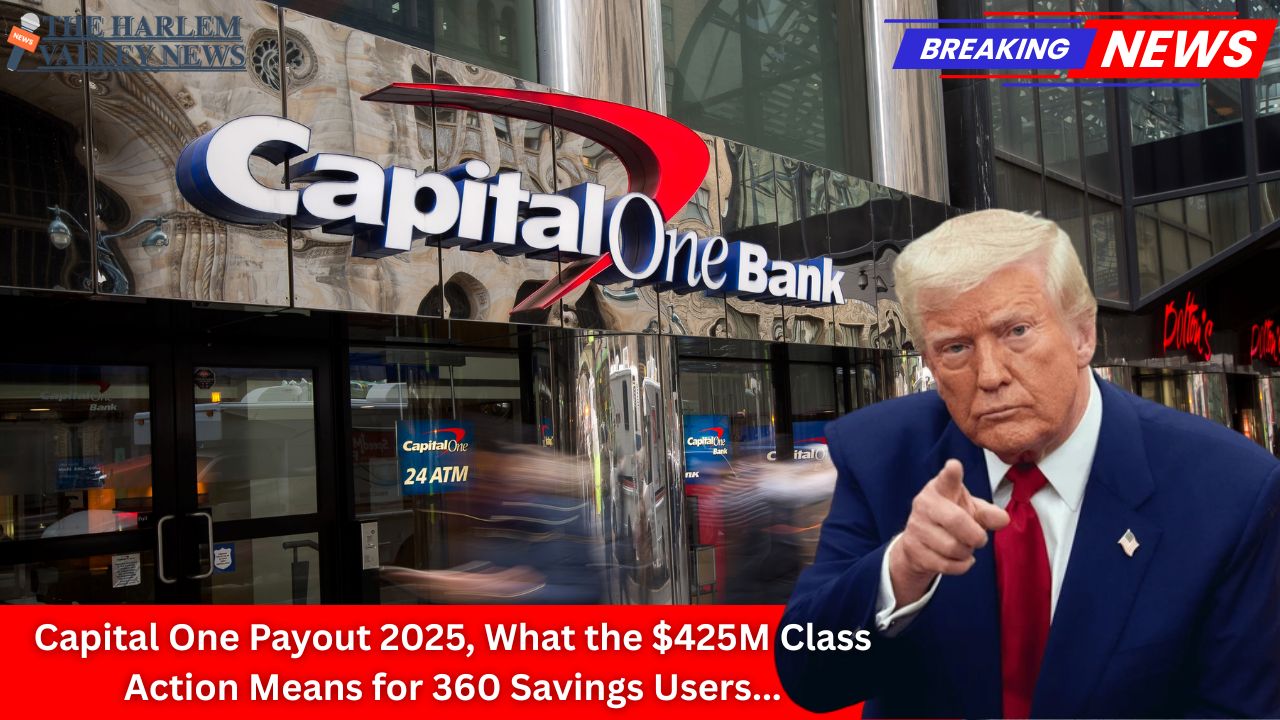


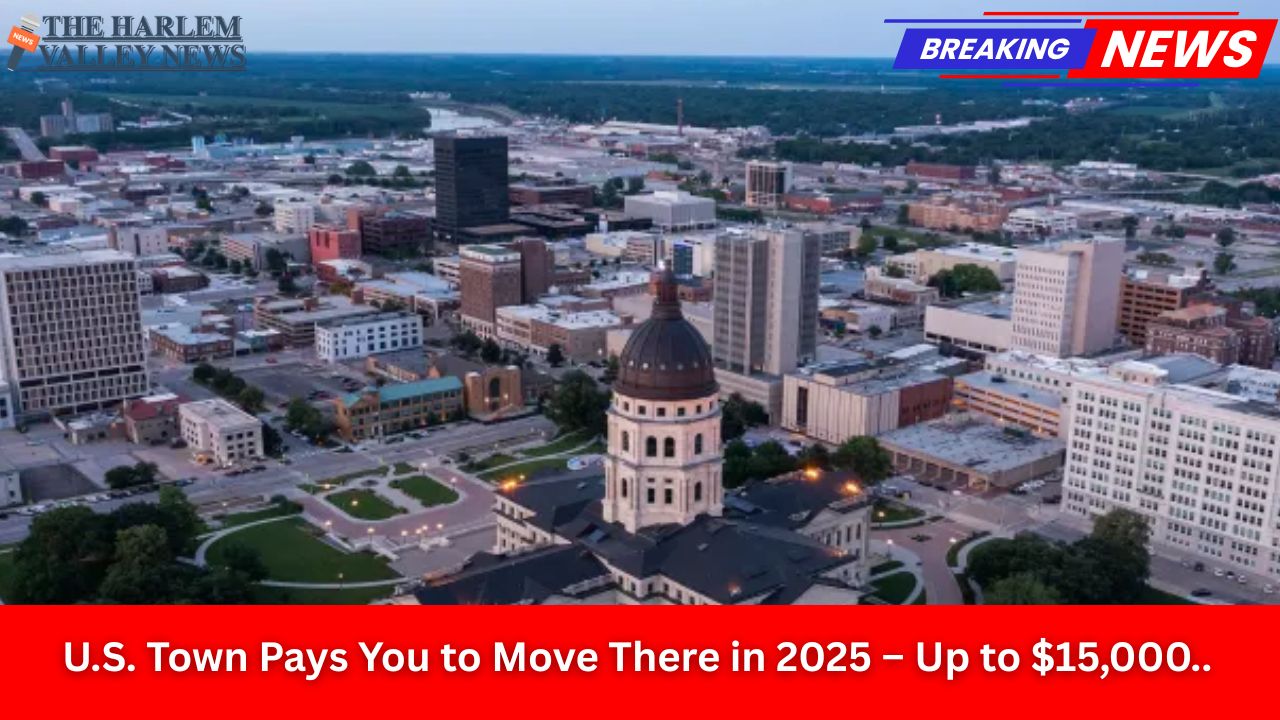
Leave a Reply